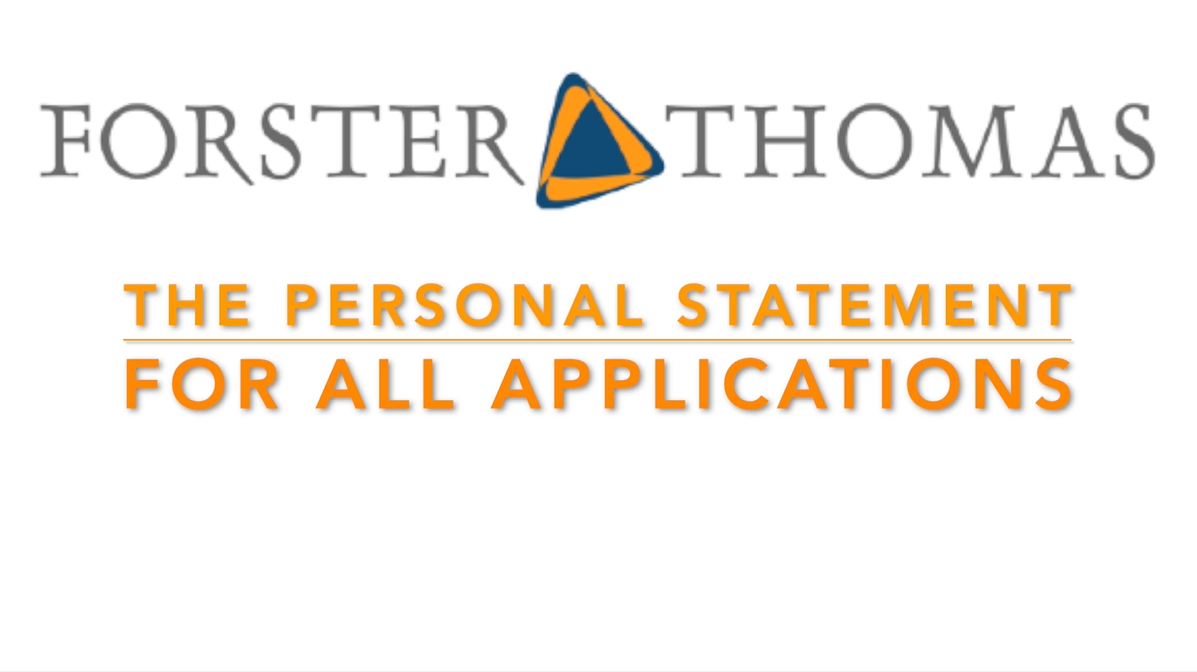February 28, 2025
The 2025-2026 Common Application questions for college have been released! First, a few ground rules. Your word count should be between 250 and 650 words for each question. Don't feel obligated to use every word -- but don't go over, either. Double and triple-check your spelling and grammar -- don't get dinged on a technicality! Read all of the topics and consider each of them before choosing which one you will answer. Don't choose based on what story about yourself you feel like telling, or what you think the committee 'ought to know' about you -- instead, select a story where you grew, changed or evolved as a person. THE QUESTIONS 1. Some students have a background or story that is so central to their identity that they believe their application would be incomplete without it. If this sounds like you, then please share your story. Read this prompt carefully. This is a standard 'diversity' prompt -- which means it asks students to share some distinctive element of their background or upbringing -- BUT the wording is very strong. Only choose this prompt if your background is so integral to your life that you really can't imagine writing about anything else. Note that this prompt also invites you to tell a story that is central to your identity -- that could be (for instance) a narrative about personal growth, or about an unexpected friendship or chance encounter -- again, so long as it is central to who you now are as a person, it's fair game. 2. The lessons we take from obstacles we encounter can be fundamental to later success. Recount a time when you faced a challenge, setback, or failure. How did it affect you, and what did you learn from the experience? Colleges LOVE this one because most students are afraid to answer it. Good news: Over time, the Common App has softened this prompt, so now you can write about a challenge, failure, or setback. First, let’s make sure you understand what a setback is. A setback is simply an event, an attempt to create something, or a moment that did not go as planned. If you feel you don’t have a strong setback to write about, pick another prompt. You certainly have plenty to choose from. Alternatively, if you're applying to a reach school, or if you're concerned about other areas of your application, this prompt is your chance to stand out from the crowd and make an impression. Nothing grabs admissions officers' attention as quickly as a well-thought-out failure or setback essay, particularly because most candidates run screaming from this kind of prompt. So what makes a great failure/setback essay? We cover this at length in our book, The MBA Reality Check, but the fundamentals are this: You need a singular, powerful failure narrative where you failed not just yourself, but others you cared about. The failure or setback must be absolute—no saving the day at the last minute. It must point to some underlying aspect of your character which you then identify (stubbornness, overcaution, arrogance). You finish up this essay by telling a brief (50-100 word) anecdote about how you have changed as a result. Use concrete examples here! 3. Reflect on a time when you questioned or challenged a belief or idea. What prompted your thinking ? What was the outcome ? The flipside of the failure essay, the challenge (or as we call it, the leadership) essay is one of the most commonly seen essays on the common application. This, too, has been weasel-worded down to a softer “questioned or challenged”, but your story about that time you asked the teacher if you really had to sit at the front of the class all year is NOT good essay material, trust us. If you have accomplished something that was exceptionally challenging for you and really shaped who you are as a person, this is your prompt. If you are just looking to brag about your killer grade in that AP History class or your five goals in the championship bocce match, this is NOT your prompt. Move along. When thinking about challenges, students always want to focus on the external -- what happened and why it's impressive. This is the wrong approach. The question-writers are giving you a very big clue when they ask you to describe what prompted your thinking – they want to understand how your mind works. The important story to tell is how you GOT to the impressive result -- and what you thought about, did and said that led to that result. Finally, remember that these types of stories work best and are most impressive when you're motivating other kids (or adults!) to excel -- contrary to what your lovin' mother told you, it ain't all about you. 4. Reflect on something that someone has done for you that has made you happy or thankful in a surprising way. How has this gratitude affected or motivated you? Tell a story of a time when someone went out of their way to help you with something or surprised you with something without question. What did you learn? Perhaps that it's better to give to receive. The most essential part of the question is what you learned from their actions. 5. Discuss an accomplishment, event, or realization that sparked a period of personal growth and a new understanding of yourself or others. Rites of passage can be fascinating topics for essays -- if they're handled well. No one wants to hear about how grandpa cried at your confirmation -- snoozefest! Becoming an adult is about accepting the responsibilities, limitations and joys of being human, and so should your essay. The focus on a particular event is important. It's very easy when writing an essay to drift from one subject to another, but great essays have a singular focus -- they're about one thing and one thing only. In this case, the event or accomplishment in question and why it became a period of maturation. It’s also worth noting the emphasis on understanding others. Surprising or difficult events often deepen our ability to empathize with others’ struggles – if you have a story that involves learning to see the world in a new way, this could well be your prompt. 6. Describe a topic, idea, or concept you find so engaging that it makes you lose all track of time. Why does it captivate you? What or who do you turn to when you want to learn more? This prompt is for those of you who are just 100 percent uncomfortable talking about yourselves in any way, shape or form. Now, before you breathe a sigh of relief and rush off to write yet another tribute to microbiomes or Ruth Bader Ginsburg, let us insert a caveat. This is usually the wrong kind of prompt to choose. For most people, most of the time, you’re going to get an essay that’s dry, technical, and reveals nothing about the candidate – in other words, a waste of word count. In order to write a good essay about an idea or concept, you have to loop in … feelings! Yours and others. Talk about the people who share your passion, or the ones who inspired it. Talk about the key moments in the development of your favorite obsession – how did it all begin, where do you see it going? Relate it back to larger themes in your life. How has this experience helped you to grow and mature? 7. Share an essay on any topic of your choice. It can be one you've already written, one that responds to a different prompt, or one of your own design. This is what we call an open-ended prompt. You can do whatever you want with it, which most folks find utterly terrifying. Not to worry – this should really be a last resort prompt if you have a fantastic essay already written that just doesn’t seem to fit any of the other prompts. *** So there you have it! Not so scary after all, huh? Still, you probably have a lot of questions as yet unanswered. Or maybe you have a draft all written up and you want some seasoned eyes to take a look? If so, drop us a line -- we'd be happy to help!











